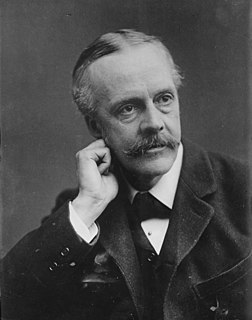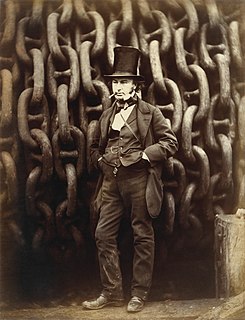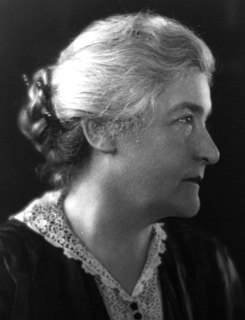A Quote by Alexis de Tocqueville
No state of society or laws can render men so much alike but that education, fortune, and tastes will interpose some differences between them; and though different men may sometimes find it their interest to combine for the same purposes, they will never make it their pleasure.
Related Quotes
The principles are important. First, the interest of the state or society counts for everything, that of the individual for nothing. Second, the only difference between men and women is one of physical function- one begets, the other bears children. Apart from that, they both can and should perform the same functions - though men on a whole, perform them better and should receive the same education to enable them to do so; for in this way society will get the best value from both.
I know some say, let us have good laws, and no matter for the men that execute them: but let them consider, that though good laws do well, good men do better: for good laws may want good men, and be abolished or evaded [invaded in Franklin's print] by ill men; but good men will never want good laws, nor suffer ill ones.
...if the citizens neglect their Duty and place unprincipled men in office, the government will soon be corrupted; laws will be made, not for the public good so much as for selfish or local purposes; corrupt or incompetent men will be appointed to execute the Laws; the public revenues will be squandered on unworthy men; and the rights of the citizen will be violated or disregarded.
A single assembly will never be a steady guardian of the laws, if Machiavel is right, when he says, Men are never good but through necessity: on the contrary, when good and evil are left to their choice, they will not fail to throw every thing into disorder and confusion. Hunger and poverty may make men industrious, but laws only can make them good; for, if men were so of themselves, there would be no occasion for laws; but, as the case is far otherwise, they are absolutely necessary.
Though the parallel is not complete, it is safe to say that science will never touch them unaided by its practical applications. Its wonders may be catalogued for purposes of education, they may be illustrated by arresting experiments, by numbers and magnitudes which startle or fatigue the imagination but they will form no familiar portion of the intellectual furniture of ordinary men unless they be connected, however remotely, with the conduct of ordinary life.
That is very fine; but it is impossible to make the men perfect; the men will always remain the same as they are now; and no legislation will make a man have more presence of mind, or, I believe, make him more cautious; and besides that, the next time such an accident occurs, the circumstances will be so different, that the instructions given to the men, in consequence of the former accident, will not apply.
But, historians, and even common sense, may inform us, that, however specious these ideas of perfect equality may seem, they are really, at bottom, impracticable; and were they not so, would be extremely pernicious to human society. Render possessions ever so equal, men's different degrees of art, care, and industry will immediately break that equality. Or if you check these virtues, you reduce society to the most extreme indigence; and instead of preventing want and beggary in a few, render it unavoidable to the whole community.
And government (to define it de facto, or according to modern prudence) is an art whereby some man, or some few men, subject a city or a nation, and rule it according to his or their private interest; which, because the laws in such cases are made according to the interest of a man, or of some few families, may be said to be the empire of men, and not of laws.
Women while in college ought to have the broadest possible education. This college education should be the same as men's, not only because there is but one best education, but because men's and women's effectiveness and happiness and the welfare of the generation to come after them will be vastly increased if their college education has given them the same intellectual training and the same scholarly and moral ideals.
...men endeavor to sink us still lower, merely to render us alluring objects for a moment; and women, intoxicated by the adoration which men, under the influence of their senses, pay them, do not seek to obtain a durable interest in their hearts, or to become the friends of the fellow creatures who find amusement in their society.








































